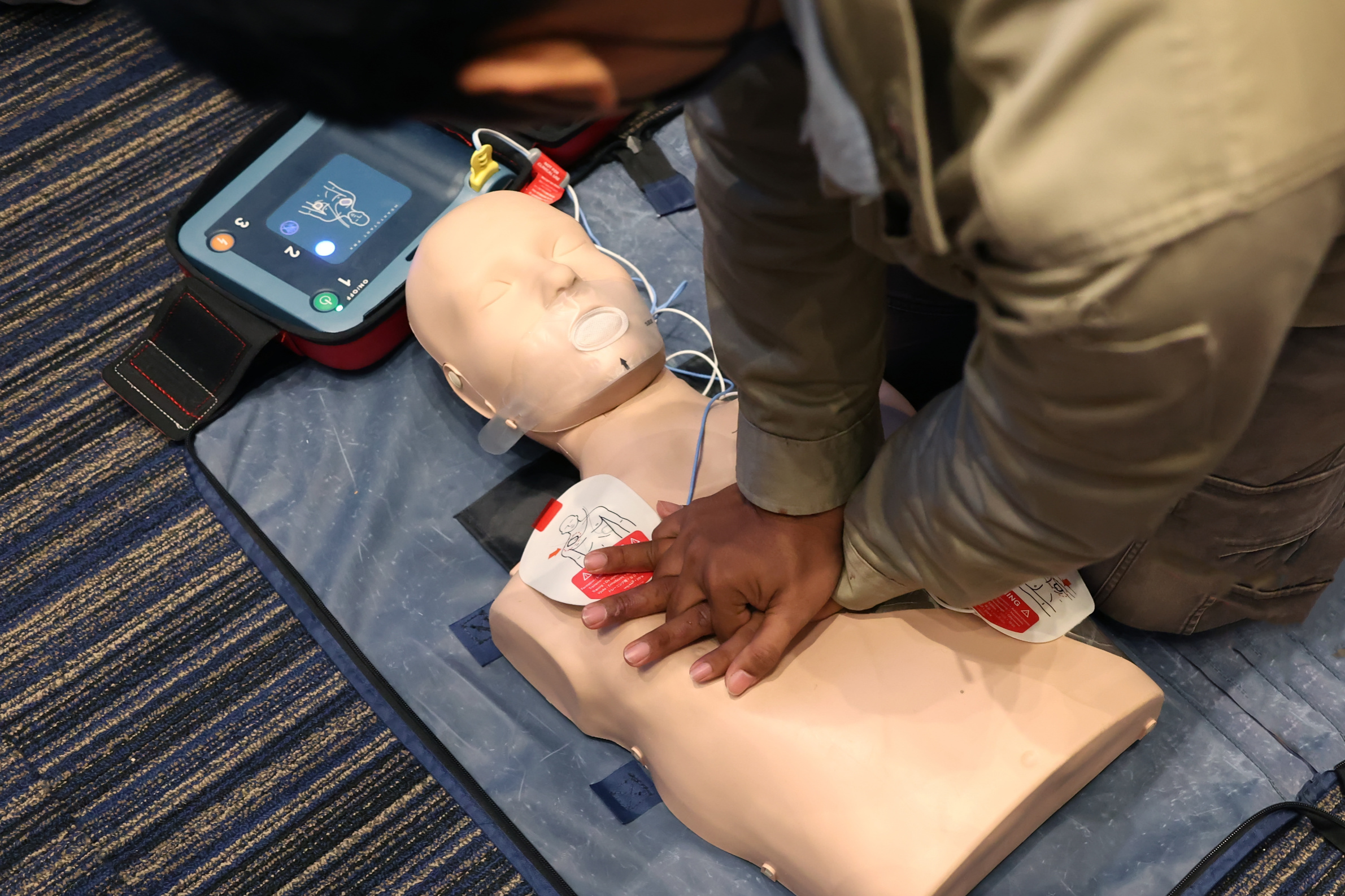Sex Trafficking Crisis in America: Arkansas Pushes Tough New Laws as National Epidemic Grows

As sex trafficking continues to plague communities across the United States, Arkansas lawmakers are leading a bold legislative charge to combat the exploitation of vulnerable people—especially women and children. A package of bills recently passed or advancing through the state legislature takes aim at the growing human trafficking epidemic by strengthening penalties, holding businesses accountable, and prioritizing support for survivors. But the effort reflects more than a state concern—it’s a reflection of a national crisis that demands urgent attention.
In 2023 alone, the National Human Trafficking Hotline received more than 30,000 signals, including 7,380 directly from victims and survivors. The National Center for Missing and Exploited Children reported over 18,400 potential cases of child sex trafficking that same year. Federal statistics show that over 2,000 individuals were referred for human trafficking offenses in 2021—a 49% increase from 2011—yet experts say the actual number of victims is likely much higher due to the hidden nature of the crime.
Geographically, the problem spans coast to coast. Nevada reported nearly 1,900 confirmed human trafficking victims between 2019 and 2023—about 58.5 victims per 100,000 residents. Georgia saw more than 5,100 confirmed cases, or 46.6 victims per 100,000 people. With traffickers targeting both minors and adults, using threats, coercion, and online platforms to lure victims, lawmakers across the country are scrambling to find effective solutions.
Spearheaded by Arkansas State Senator Joshua Bryant, Senate Bills 427, 430, and 442 represent one of the most comprehensive anti-trafficking efforts in recent state history. Together, they address not only criminal enforcement but also victim support, business accountability, and long-term prevention through new state infrastructure.
SB427 increases penalties for those who promote prostitution, particularly those who force or manipulate others—especially minors—into selling sex. The bill raises repeat offenses from misdemeanors to felonies and adds heavy financial penalties. It also targets businesses that knowingly allow prostitution to occur on their premises, threatening fines of up to $100,000 and license suspensions or revocation for repeat offenders.
SB430 focuses on justice for survivors. It requires anyone convicted of trafficking to pay restitution to their victims—covering medical expenses, housing, therapy, transportation, and relocation. The bill also gives survivors more time to seek financial help, especially important for minors who may need years to come forward after experiencing exploitation.
Meanwhile, SB442 introduces powerful new enforcement tools by allowing authorities to seize and forfeit assets used in trafficking crimes, including cash, cars, and real estate. The proceeds are funneled into a newly created Arkansas Human Trafficking Council Support Fund, which supports victim services, training for law enforcement, and public education. The bill also creates the state’s Human Trafficking Operations Unit to coordinate investigations and oversee policy implementation, and it establishes a new crime for harboring runaway minors who may be at risk of trafficking.
These efforts represent one state’s determined response to a national crisis. Lawmakers in Arkansas are signaling that the days of looking the other way are over. With trafficking operations hiding behind legitimate businesses and using technology to evade law enforcement, this kind of aggressive legislation is exactly what advocates say is needed to turn the tide.
The truth is, sex trafficking and prostitution aren’t limited to dark corners of big cities—they’re happening in small towns, suburbs, and across state lines. Arkansas’s legislative push is a model of what serious, survivor-focused, and enforcement-driven reform can look like. As the rest of the country grapples with the scale of the problem, lawmakers nationwide may soon look to this southern state for answers.
RECENT










BE THE FIRST TO KNOW
More Content By
Think American News Staff











